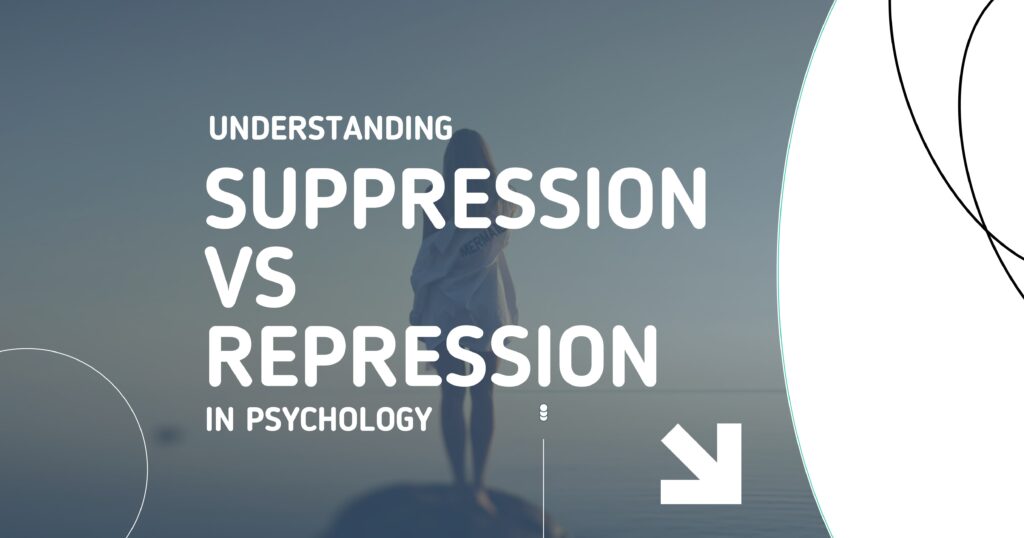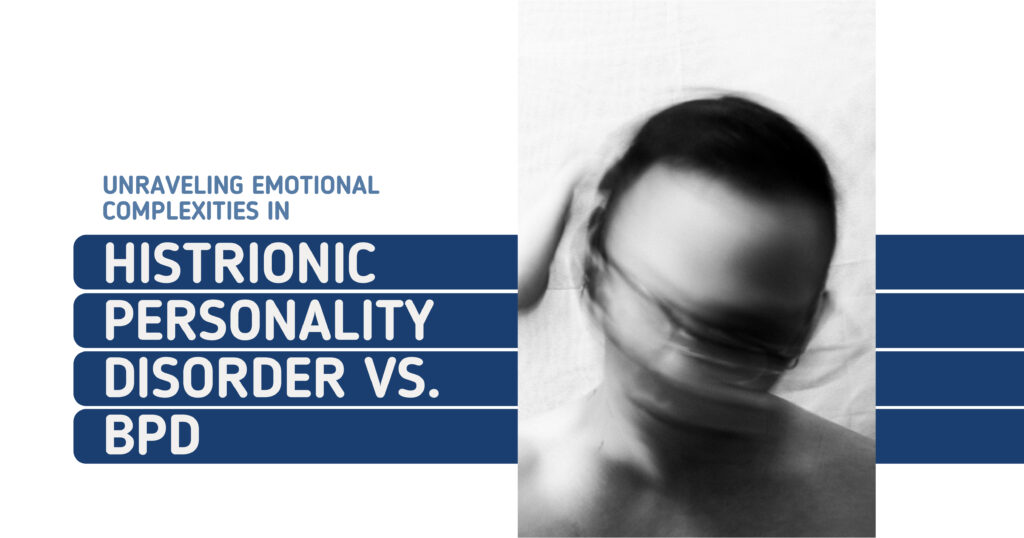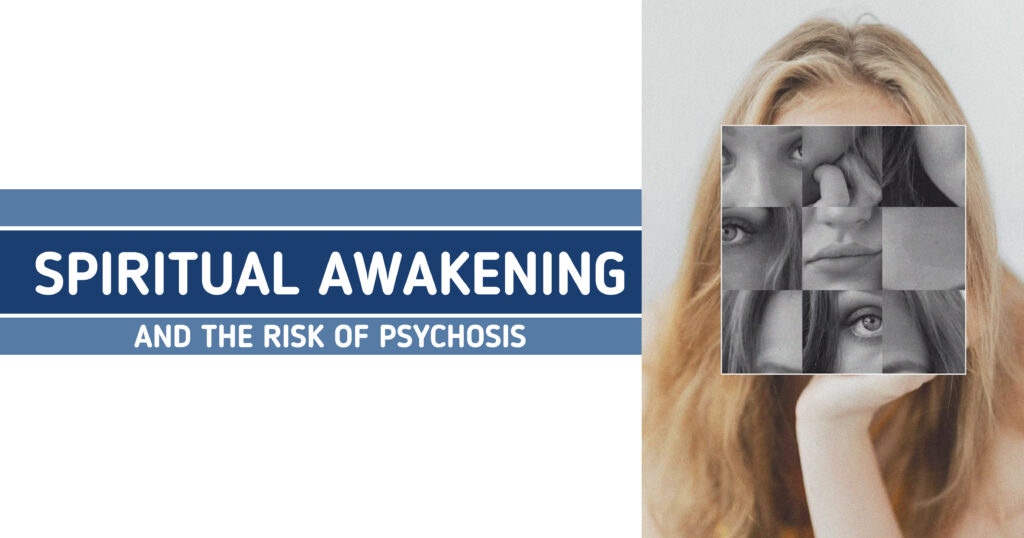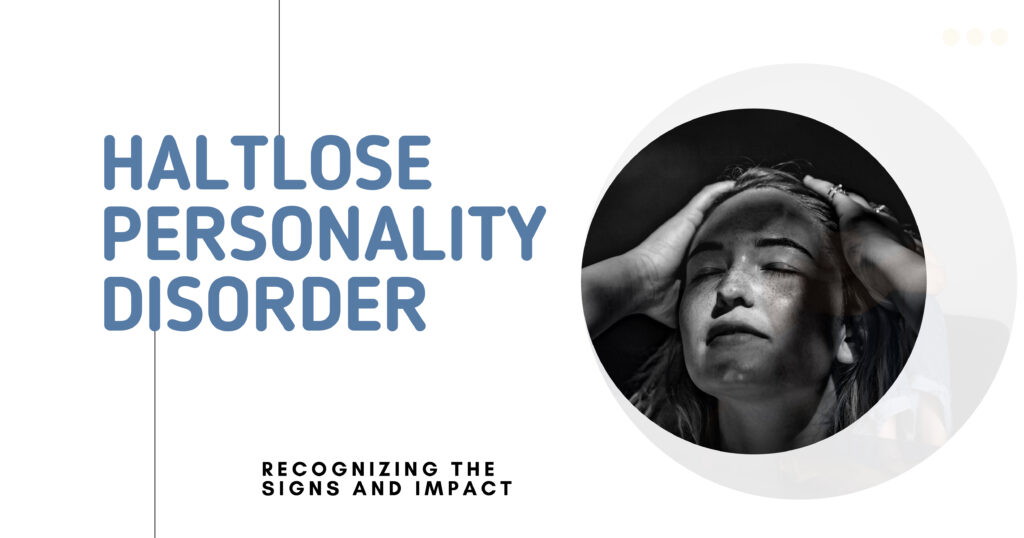When it comes to mental health and emotional well-being, understanding how the mind protects itself is crucial. Two of the most discussed psychological processes in this context are suppression vs repression. While these terms may sound similar, they represent very different ways the mind handles difficult emotions, thoughts, and experiences. Both are forms of defense mechanisms that influence how we regulate feelings, interact with the unconscious mind, and manage emotional control in our daily lives.
In this article, we’ll dive deep into what repression and suppression mean, how they work, their impacts on mental health, and how professional support can help you achieve healthier coping strategies.
Repression vs Suppression in Psychological Terms
At their core, repression and suppression are both strategies used by the mind to deal with distressing thoughts and emotions. However, the major difference lies in conscious awareness.
- Repression is an unconscious process. It happens automatically when the mind pushes painful memories, emotions, or desires out of awareness. The individual often has no idea these thoughts exist because they are buried in the unconscious mind.
- Suppression, on the other hand, is a conscious effort. When you decide not to think about a distressing situation, you’re practicing suppression. You know the thought or feeling exists, but choose to set it aside to maintain focus or emotional regulation.
These two mechanisms serve as protective tools, but they differ significantly in how they operate and affect long-term well-being. Understanding suppression vs repression helps us recognize whether we’re intentionally managing our thoughts or if they’re silently shaping our behaviors without our knowledge.
San Diego Mental Health
Definition of Repression and Its Mechanisms
Repression is one of the most classic defense mechanisms identified by Sigmund Freud in psychoanalytic theory. It occurs when the mind unconsciously blocks distressing thoughts, memories, or impulses from entering conscious awareness.
For example, someone who experienced trauma in childhood might repress those painful memories to protect themselves from overwhelming emotions. While this may provide short-term relief, those repressed emotions don’t disappear. Instead, they often resurface in indirect ways through dreams, slips of the tongue (known as Freudian slips), or physical symptoms like anxiety and tension.
Mechanisms of repression include:
- Memory Blocking. Preventing certain memories from becoming conscious.
- Emotional Numbing. Dulling or disconnecting from feelings tied to traumatic events.
- Symbolic Expression. Repressed content emerging indirectly in behavior or dreams.
The danger of repression is that it leaves unresolved emotions buried in the psyche. Over time, this can contribute to psychological processes such as chronic stress, depression, or unresolved grief.
Verywell Mind is a well-respected mental health educational site that provides an accessible yet well-researched explanation of how repression works, its signs, and potential effects.

Understanding Suppression and How It Works
Unlike repression, suppression is a voluntary act. It involves deliberately pushing away thoughts or emotions you’re not ready to deal with. Think of it as mentally setting something on the shelf until you have the time, energy, or stability to address it.
For example, a student might suppress their worries about a family argument so they can focus on an important exam. In this case, suppression helps the individual maintain emotional control in the short term without becoming overwhelmed.
Suppression can be a healthy coping tool when used strategically. It allows people to function during stressful times while postponing emotional processing. However, problems arise when suppression becomes a chronic habit. Constantly ignoring emotions rather than addressing them can lead to unresolved stress and a disconnect from authentic feelings.
In other words, while repression hides emotions from us completely, suppression asks us to consciously avoid them – at least for the time being.
Comparing Short-term and Long-term Effects on Mental Health
To better understand suppression vs repression, it helps to look at their effects over time. Below is a comparison:
| Aspect | Suppression (Conscious) | Repression (Unconscious) |
| Short-term effect | Maintains focus, prevents emotional overload | Provides relief by blocking distressing memories |
| Long-term effect | May lead to emotional buildup, anxiety, difficulty processing feelings | Can cause unresolved trauma, depression, psychosomatic symptoms |
| Awareness | Individual knows the thought/feeling exists | Individual is unaware of the thought/feeling |
| Coping strategy | Useful in moderation, but risky if chronic | Largely unhealthy, as it prevents true healing |
This table highlights why understanding these psychological processes is so important: while both may protect us at the moment, their long-term consequences can harm mental health if left unaddressed.
Common Scenarios Illustrating Repression and Suppression
Every day life offers plenty of examples of suppression vs repression. Here are a few scenarios that show how each mechanism works:
- Repression Example. A person who endured bullying during childhood may have no recollection of it as an adult. However, they might struggle with unexplained social anxiety or low self-esteem because the memory, though repressed, still affects their behavior.
- Suppression Example. Someone dealing with grief may choose not to think about their loss during the workday to stay productive. They are aware of their pain, but consciously set it aside until they’re in a safe space to process it.
- Repression Example. A war veteran may repress memories of combat, only to later experience nightmares, flashbacks, or PTSD symptoms without realizing the root cause.
- Suppression Example. A parent may suppress feelings of anger in front of their children to maintain a calm environment, even though they acknowledge their frustration internally.
These examples show that while repression hides emotions from consciousness, suppression relies on conscious awareness to manage emotions strategically.
Impact of Repression on Emotional Well-being
The effects of repression on emotional well-being can be significant. Because repressed emotions are hidden in the unconscious mind, they often resurface in disguised forms, leading to mental and physical symptoms.
People with repressed emotions may experience:
- Chronic anxiety or tension.
- Depression or unexplained sadness.
- Difficulty forming close relationships.
- Physical health problems such as headaches, digestive issues, or fatigue.
Research has also linked repression to psychological processes like dissociation, where individuals feel disconnected from their thoughts or surroundings. Over time, these issues can seriously disrupt quality of life. For more on the effects of unresolved trauma and emotional suppression, the American Psychological Association provides valuable insights.
Therapeutic Approaches to Address Repression and Suppression
Therapy plays a vital role in helping individuals manage suppression vs repression. Because repression is unconscious, it often requires professional guidance to uncover buried emotions and memories. Suppression, being conscious, can also benefit from healthier coping alternatives.
Therapeutic approaches include:
- Psychoanalysis and Psychodynamic Therapy. Help bring repressed memories into conscious awareness for healing.
- Cognitive Behavioral Therapy (CBT). Provides tools to manage suppressed emotions and replace unhealthy thought patterns.
- Mindfulness-Based Therapy. Encourages individuals to acknowledge and accept emotions without judgment, reducing reliance on suppression.
- Trauma-focused therapy (e.g., EMDR). Effective for individuals with repressed traumatic experiences.
Through therapy, people can move away from defensive avoidance and build healthier coping strategies, achieving greater self-awareness and resilience.
San Diego Mental Health
Learn More Practical Tips at San Diego Mental Health
Navigating the complexities of suppression vs repression can be challenging on your own. At San Diego Mental Health, we believe in empowering individuals with practical tools for emotional regulation and healthier psychological processes. Our team offers personalized therapeutic support designed to help you uncover repressed emotions, manage suppressed feelings, and strengthen emotional control for a balanced life.
If you’re ready to take the next step toward healing, contact San Diego Mental Health today to begin your journey toward greater self-awareness and emotional resilience.

FAQs
How do repression and suppression differ regarding emotional regulation and psychological processes?
Repression is unconscious and hides emotions completely, while suppression is conscious and involves deliberately avoiding thoughts or feelings. Both affect emotional regulation, but in very different ways.
What role do defense mechanisms play in the unconscious mind when managing emotional control?
Defense mechanisms act as protective tools for the mind. In the unconscious mind, they prevent overwhelming emotions from surfacing, but they can also create long-term challenges if not addressed.
Can conscious awareness help distinguish between suppression and repression as coping strategies?
Yes, conscious awareness is the key difference. Suppression involves knowing a thought exists but setting it aside, while repression hides it entirely from awareness.
What are the potential impacts of repression on mental health and emotional well-being over time?
Repression can lead to unresolved trauma, anxiety, depression, and even physical symptoms. These effects often emerge indirectly because the individual isn’t consciously aware of the root issue.
San Diego Mental Health
How can therapeutic approaches assist in addressing unconscious and conscious defense mechanisms related to emotional regulation?
Therapies such as CBT, psychoanalysis, and mindfulness can help uncover repressed memories, manage suppressed emotions, and develop healthier coping tools for long-term resilience.








